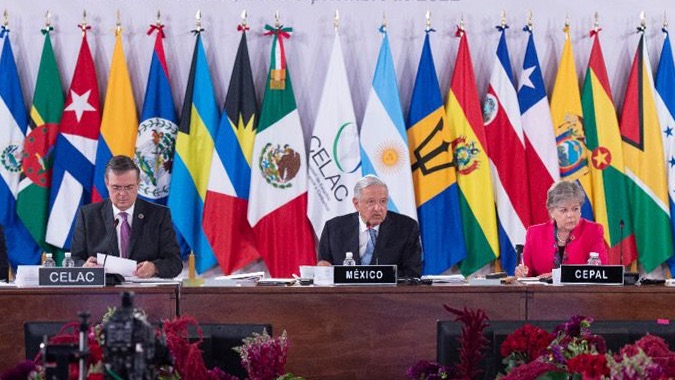Human Rights Promotion in North American Foreign Policy: Strategies, Challenges, and the Path Forward
The global landscape demands a robust approach to human rights. This article examines the strategies and limitations inherent in North American foreign policy concerning human rights promotion, focusing on contemporary regional challenges and opportunities for collaborative action within the Americas. We will explore how a concerted effort can foster unity and advance human rights across North and South America.
The Foundation: Human Rights and International Relations
Human rights – fundamental principles upholding democracy, justice, and equality – are not merely aspirational ideals; they are cornerstones of international relations. Their prioritization profoundly shapes foreign policy decisions and inter-state relationships. A commitment to human rights reflects a nation's values and influences its standing on the world stage.
North American Commitments and Regional Cooperation
Nations like the United States and Canada have publicly committed to global human rights protection and promotion. However, translating these commitments into effective action requires strategic approaches. The Americas present a unique opportunity for regional cooperation, leveraging shared values to tackle challenges such as migration, gender inequality, and environmental degradation. A unified approach, driven by a shared commitment to human rights, can unlock significant progress.
Strategies for Effective Human Rights Promotion
Successful human rights promotion demands a multi-pronged strategy:
- Robust Diplomacy and Advocacy: Active diplomatic engagement is crucial. North American nations can leverage their influence to advocate for human rights internationally and encourage adherence to established global standards.
- Economic Incentives: Integrating human rights clauses into trade agreements creates powerful incentives for nations to improve their human rights records. Economic benefits can be linked to demonstrable progress in upholding human rights.
- Capacity Building and Empowerment: Investing in civil society organizations and human rights education empowers individuals and communities to become active agents of change, advocating for their own rights and holding their governments accountable.
Navigating Challenges and Limitations
Despite the noble goals, several limitations hinder effective human rights promotion:
- Sovereignty Concerns: Balancing human rights promotion with respect for national sovereignty is a delicate act. External pressure must be carefully calibrated to avoid perceptions of interference in internal affairs.
- Policy Inconsistencies: Inconsistencies in the application of human rights standards by North American nations undermine credibility and effectiveness. A consistent and transparent approach is crucial to maintaining trust and fostering genuine progress.
- Lack of Coordination: Effective human rights promotion requires strong coordination among North American nations, as well as collaboration with regional and international organizations. A unified front maximizes impact and minimizes duplication of efforts.
Forging Unity Through Shared Values
Prioritizing human rights in foreign policy fosters unity and strengthens regional relationships based on shared values. Collaborative efforts to combat transnational challenges such as drug trafficking, corruption, and poverty contribute to a more stable and prosperous North and South America. This regional unity is a powerful force for positive change.
The Role of Individuals and Successful Initiatives
Individual action is paramount. Educating oneself about human rights violations and participating in grassroots movements amplifies the voices of the vulnerable and drives meaningful change. Organizations like the Inter-American Commission on Human Rights (IACHR) play a critical role in monitoring and promoting accountability. Initiatives such as the United States' Magnitsky Act demonstrate a targeted approach to addressing human rights abuses.
Enhancing Regional Cooperation and Individual Engagement
Opportunities for collaboration abound. Academic exchanges, cultural events, and joint research initiatives foster understanding and solidarity across the Americas. Individuals can develop expertise in international relations through continuous learning, engaging with experts, and participating in relevant discussions. Staying informed about current events is crucial for effective engagement.
Questions for Reflection and Action
- How can we achieve a more effective balance between promoting human rights and respecting national sovereignty?
- What innovative strategies can be implemented to enhance the effectiveness of North American human rights promotion efforts?
- How can regional organizations, such as the Organization of American States (OAS), play a more prominent role in safeguarding and promoting human rights in the Americas?
Conclusion: A Collective Responsibility
Promoting human rights in the Americas is a shared responsibility. By understanding the complexities and challenges, and by fostering collaboration among individuals, governments, and civil society organizations, we can build a more just and united region. Let us work together to advocate for human rights, foster regional cooperation, and create positive change throughout North and South America.
```

